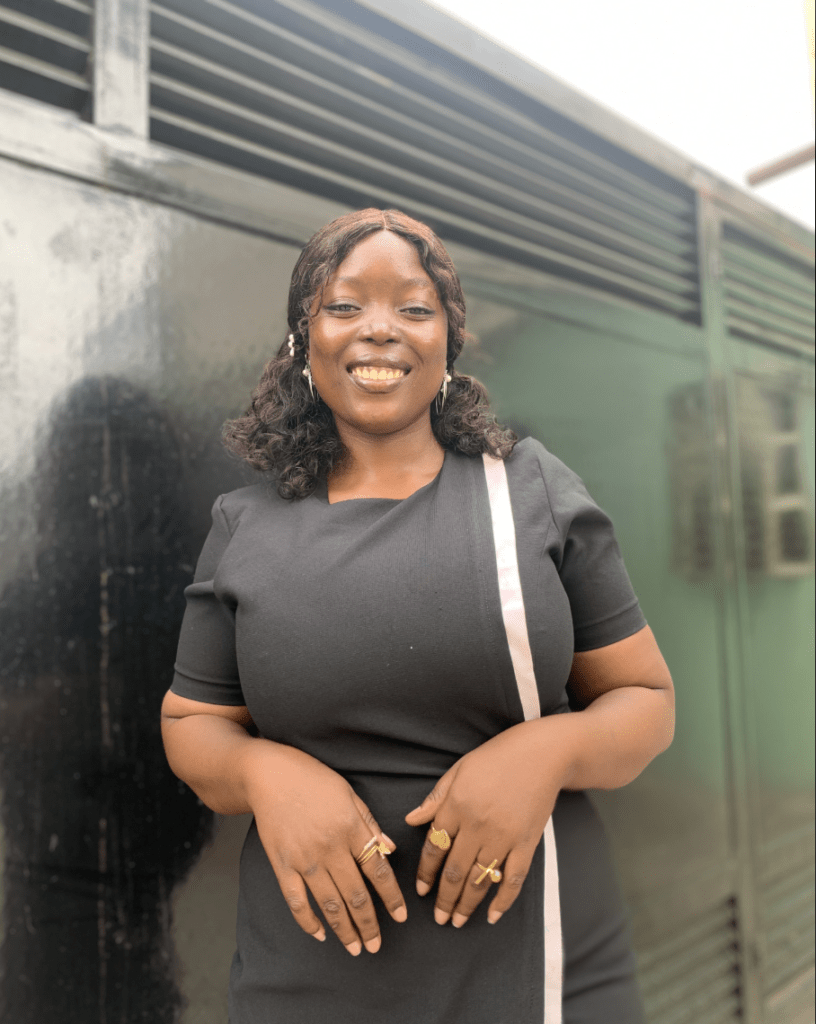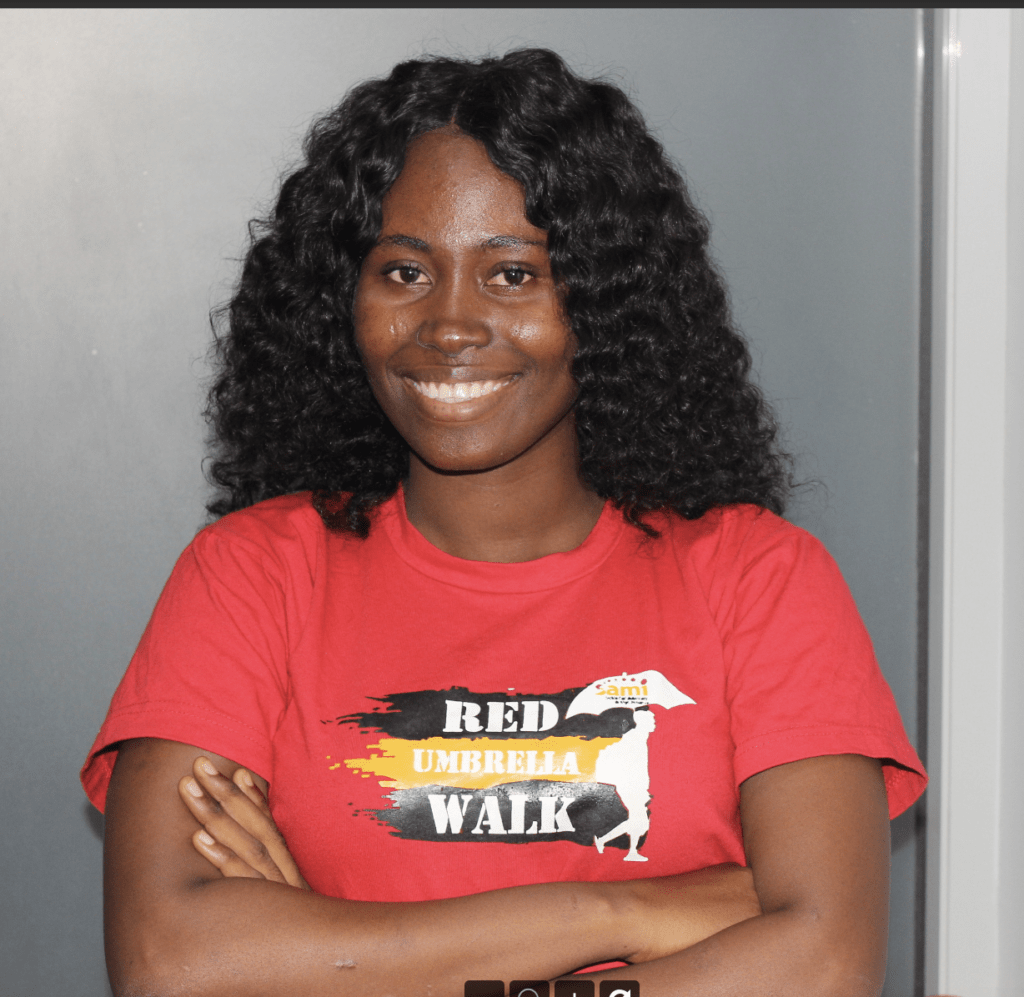World Sickle Cell Day is observed on June 19th every year to raise awareness about Sickle Cell disease. The theme for the 2024 celebration is “Hope Through Progress: Advancing Sickle Cell Care Globally.” which underscores the importance of unity, collective voices, and heightened awareness to reduce stigma and bring about meaningful change for the millions affected by sickle cell disease.
What is Sickle Cell?
Sickle Cell Disease(SCD) is a group of inherited disorders that affect hemoglobin, which is the protein in red blood cells that carries oxygen to the tissues of the body.
According to research and statistics about 50 million people are living with Sickle Cell Disease globally. Nigeria is the epicenter zone making it the highest country with about 4-6 million people living with the disease.1 in every 4 Nigerians has a sickle cell trait says a report by the National Library of Medicine.
Its common symptoms are pain crisis or episodes, jaundice(yellowing of eyes), anemia, stunted growth etc. However, living with sickle cell as a female comes with unique symptoms some of which include delayed puberty and more pain crises during their period. SCD can also cause problems getting pregnant, pain during sex, and complications during pregnancy.
In commemoration of World Sickle Cell Day 2024, two Nigerian sickle cell warriors, Temitope Adedayo and Temitope Oluwaseyi Abass share how they have coped with living with the disease in this exclusive chat with FabWoman. They reveal how they were diagnosed with the disease and its impact on their life in general.
Temitope Adedayo currently a Ph.D student at the University of Lagos and a baker says:

My parents found out when I was young about six months. As someone living with sickle cell, I’ve faced a lot of stigma, I’ve been rejected for job opportunities after I got to the Medicals stage, I’ve lost romantic relationships with guys who couldn’t deal with the responsibility and most importantly I’m in constant pain almost every day. I can’t do things that people see as normal.
I’ve been able to cope with the help of God and my support system (my family). When I have a crisis, I’m on constant pain meds, and heavily hydrated. There are some times when I get large job orders that I can’t handle just because of the risk to my health. I’ve had to turn down some of these jobs. Sometimes I fall sick while doing them and I have to call the client to apologize.
In terms of relationships, I’m currently single. My last relationship ended because he couldn’t commit and was scared of the responsibility. I’ve also met people I really liked but couldn’t go forward because we weren’t compatible genotype-wise.
I have never blamed my parents because the awareness wasn’t there during their time. My advice to intending couples is that they should check their genotypes before even going into a relationship. If you have checked it before, check again because sometimes these result are inaccurate. Ignorance is not an excuse. No child deserves to go through this pain!
You can connect with Adedayo on Instagram @tehillah06.
Temitope Abass, a graduate of Geography and Regional Planning who is a Project Manager says:

I was diagnosed at a very young age, about 2-3 years of age after a very short illness and some symptoms of dactylitis (swollen/pain in the hand or legs of children living with sickle cell).
It was a struggle of constant crisis as a child, I was almost always at my primary school sick bay when others were playing, during breaks and all, and the very struggle with my size was also a lot, I was always fluctuating in my size.
My parents helped to manage my condition so well as a child, they would always take me to the hospital, we had a family nurse whose child was living with sickle cell too and they were able to share my tips and management skills, I also received so much love as a child, it helped in the area of boosting my self-image as a sickly child.
As I mentioned earlier, the love I received while growing up really helped me and so whenever I smell that someone is trying to talk me down or stigmatize me, I walk away, my younger sister had to also stand up for me during my early secondary school days, she was my buddy, but when I grew older I was able to speak for myself or just walk away. Although I didn’t have to face so much stigma as my presence is a bundle of joy. I also have normal relationships with a boy and girl, I love like every other genotype does.
I haven’t had the thought of blaming my parents except for maybe once and it was tough I had to immediately snap out of that thought and remind myself that they didn’t know better and that’s just it.
I know we say love conquers all things, but it’s not sickle cell please, it’s honestly not worth the pain of a lifetime, I advise people to make good choices with their partners. Carry out multiple genotype tests to be sure about genotype compatibility, and in a case where both partners already got involved before finding out their genotype incompatibility they should seek a genetic counselor, it’s super important to do the right because the pain warriors go through and the complications that arise as a result of sickle cell is not one to trivialize. Honestly, Love is never enough!!
You can connect with Temitope Abass on Instagram @everythingsicklecell.
